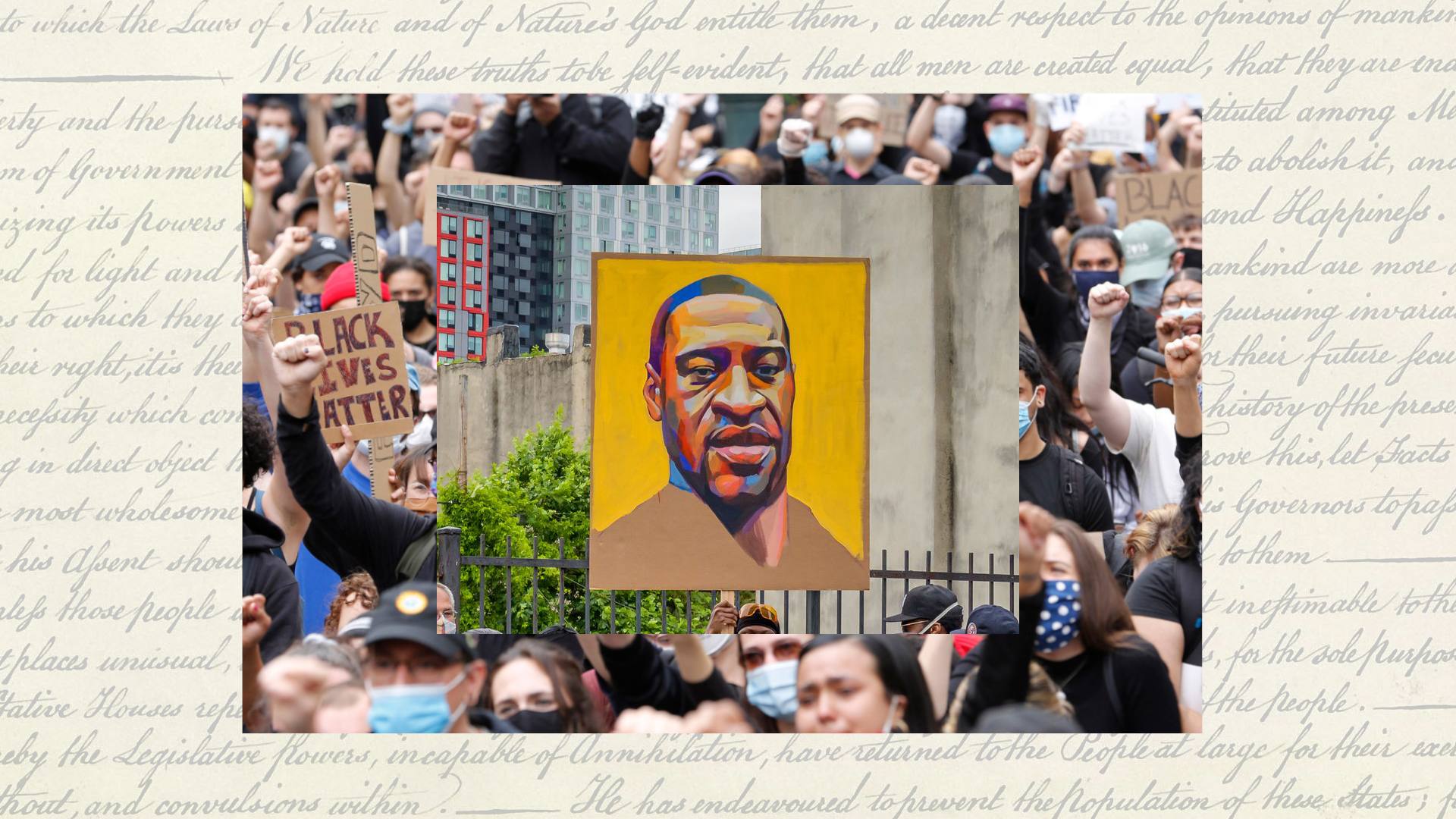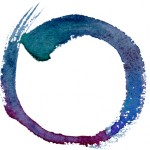
This 4th of July was strangely quiet here in Philadelphia. Normally the holiday is a very big deal in this city. People flock to our neighborhood in droves to attend a massive, booming, concert on the Parkway, followed by a spectacular, equally booming, fireworks display over the Art Museum. But because of the pandemic, neither happened this year.
Sitting on my roof deck that afternoon, the quiet made it feel like we were a city and a nation deep in introspection, as indeed we need to be. These last weeks and months have brought to light so much that is crying out for healing in our nation, so many erroneous beliefs that need to be let go, so many injustices that need to be dismantled.
Every year on the 4th of July, the Declaration of Independence is read aloud in front of Independence Hall in Old City Philadelphia—a yearly ritual which I suppose took place virtually this year—and I have to say that despite all the injustices and flaws of our nation, I still believe in the words put forth in that Declaration. Just because they have never been enacted doesn’t minimize for me the importance of the vision they set forth.
Those radical words sent shock waves across a world that held to beliefs that seemed inviolable at the time, a worldview that assumed there was a class of people who were entitled to the wealth, power and privilege to rule over everyone else, people who were born into their status and enjoyed it through no effort of their own.
Of course, we can now see the blatant contradiction that the man who penned the words of the Declaration and many who signed onto them thought it perfectly appropriate that other human beings be held in bondage and bought and sold as property. Clearly the worldview of privilege they were challenging lived on in their own minds, simply with a different set of criteria in which status and privilege were granted to people who inherited a particular gender or skin color rather than an aristocratic title.
But still, the deed had been done. The vision had been proclaimed, and it’s been relentlessly hounding us ever since.
What we have been witnessing this past month is a case in point. I don’t know about you, but I have been astounded to see how quickly the monuments to white supremacy have been falling. It seems a groundswell of people are rejecting the very premise. Of course, for those symbolic gestures to have any meaning, they must be followed by equally bold systemic changes.
Setting the Future Free
Years ago, while we were in seminary and before we were married, Kip and I were having a conversation in which I was heatedly talking about the atrocities perpetrated upon women through millennia of misogynistic patriarchal rule. I was feeling outraged and overwhelmed by the magnitude of it all.
Kip then said something that I have never forgotten. He sincerely asked me, “How does history repent?”
His question stunned me. How does history repent?
History has left us with a superfund site of injustices to clean up, and there’s nobody here from the past we can hold accountable.
But for those of us who are white in this country, yes, our ancestors set in place a system of oppression and injustice that they are powerless now to correct, but it’s a legacy that we continue to benefit from. And that’s the rub, because as long as that’s the case, their transgressions live on in us.
Over the years, as I’ve sat with Kip’s question, I have come to realize that there actually is a way in which history can repent. It can repent through us.
We repent on our ancestors’ behalf when we commit to dissolving every remnant of the idea of supremacy from our own thinking. We repent on their behalf when we resolve to dismantle every injustice their misguided beliefs set in motion.
It is an astonishing power when you think about it, that we can repent on history’s behalf and by doing so set the future free. I suspect that right now our ancestors are begging us to do precisely that.

Patricia, Your writing brings tears of relief to my being. Thank you so much for your ability to look deep and articulate what you see and feel. I am so grateful our paths have crossed. Sending love and blessings… Gretchen
Hi Patricia,
That’s a great post.
And, I would add, that we can and also should forgive those who acted in a way — at that time and with the wisdom available to them then — that they thought was for the best, while in fact it was divisive. And we need to forgive ourselves for taking advantage of the possibly biased state of opportunities into which we were unwittingly born, and of which we have now become aware. Thus giving ourselves the opportunity to start or continue removing the biases that have and continue to prevent so many from availing of opportunities that should be available to all, without any exceptions.
Thank you for all your ongoing posts, so needed in these confusing times.
John
Stepping forward as a voluntary channel of repenting. Thank you for the perspective!
Well, and we repent when we recognize how these privileges have accrued over the generations, to give us our stunning advantages and privileges. And then, we must begin to divest ourselves of those privileges and the wealth and power they offer us, have offered us. I am beginning to understand, to repent, in terms of Kip’s fabulous question, is to divest, to let go, to surrender, to listen, to put down our self-absorption and self-righteousness. Our deep belief, we have earned what we have and we deserve it.